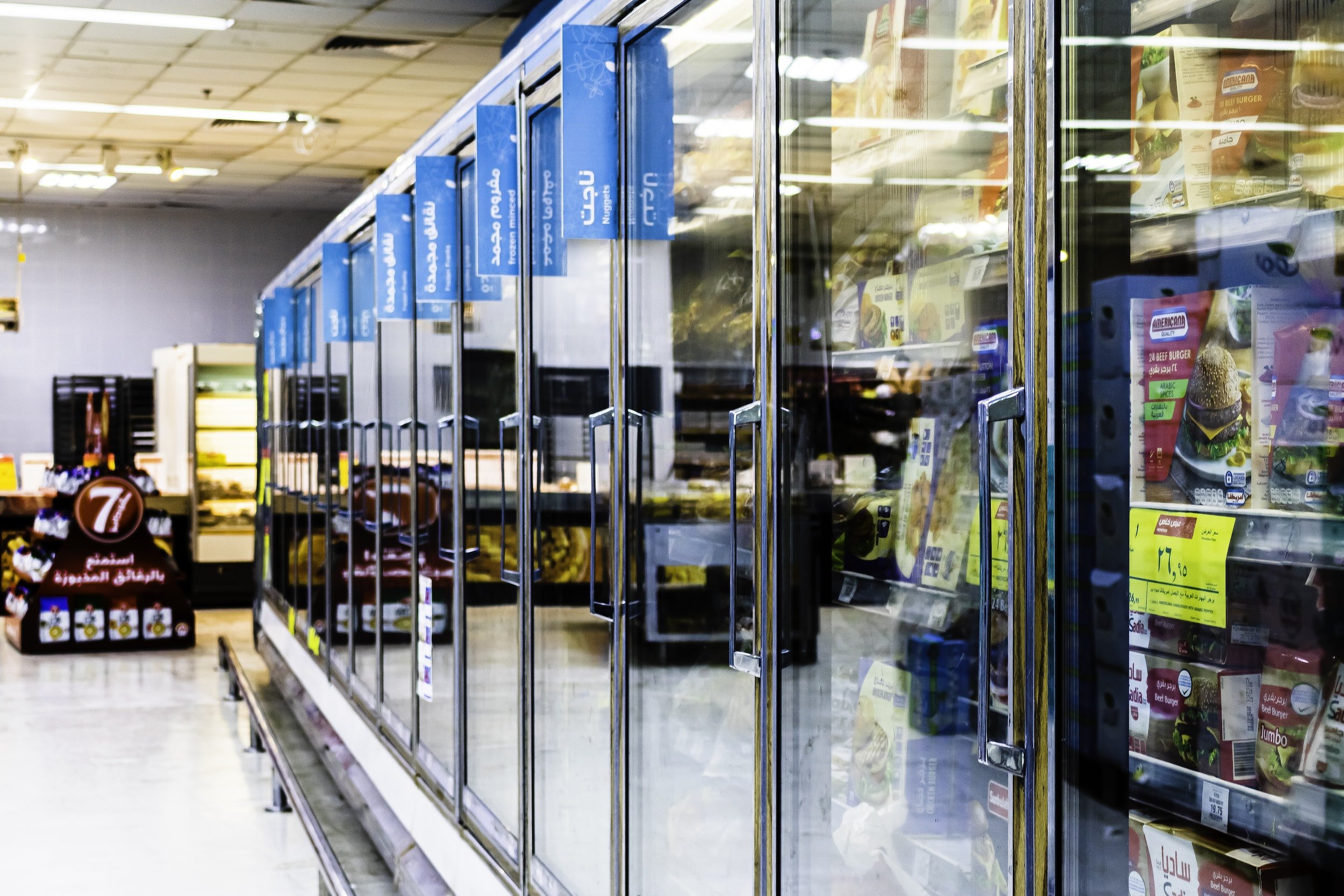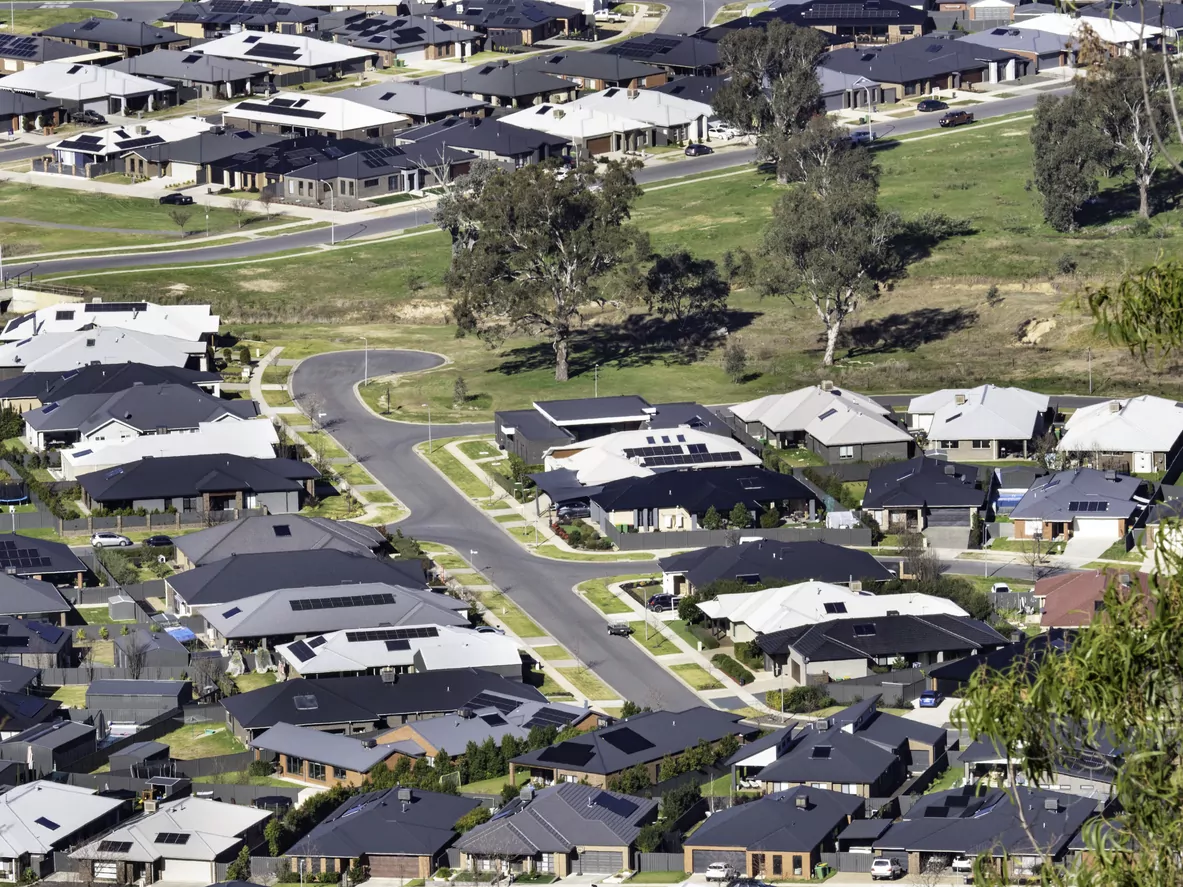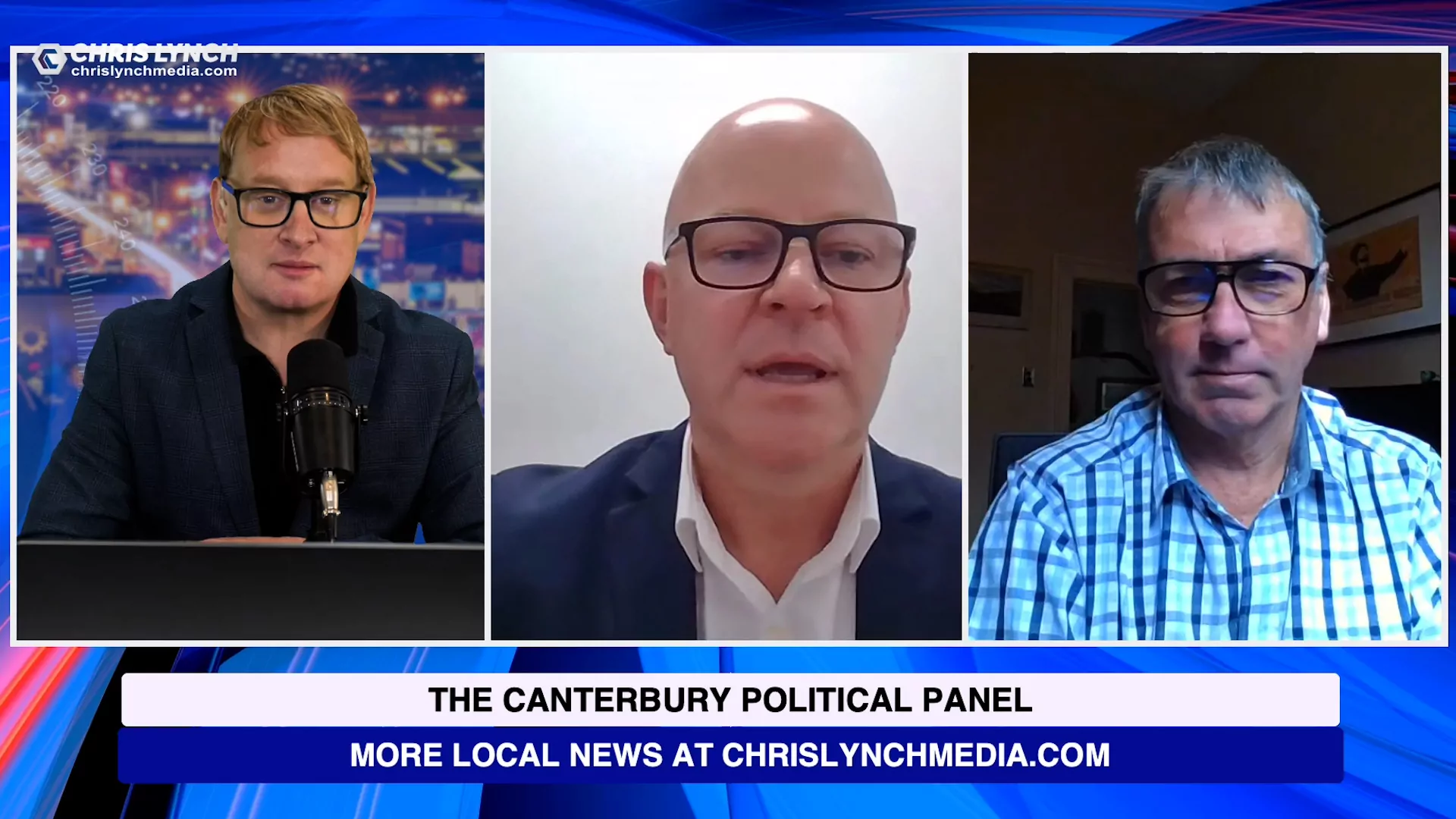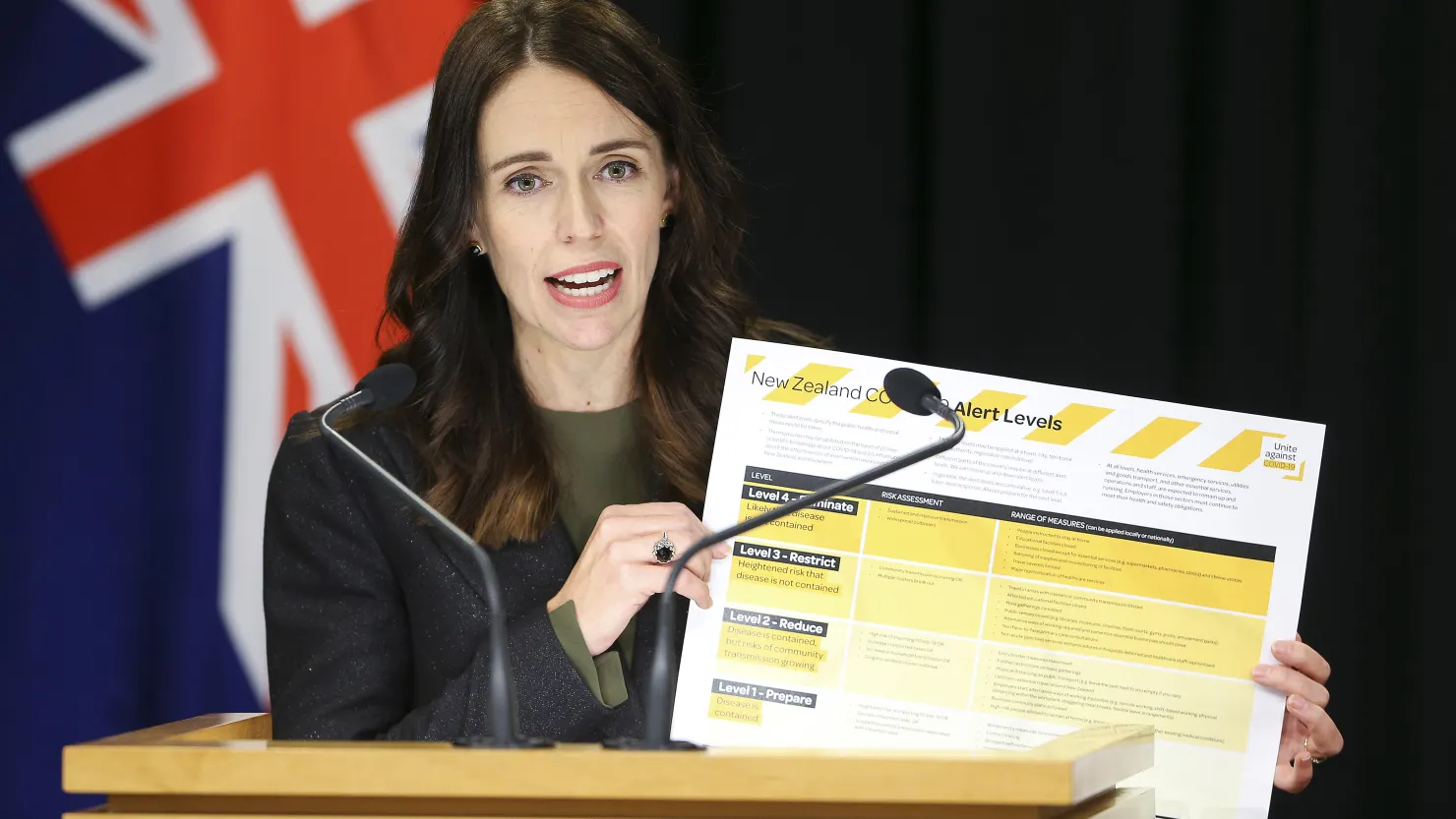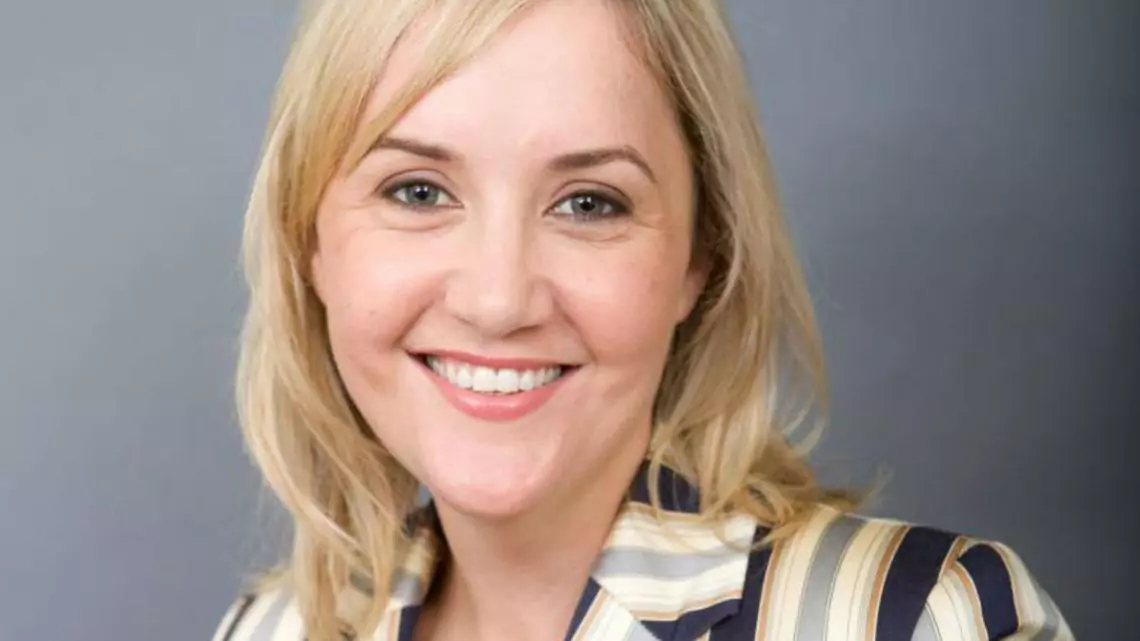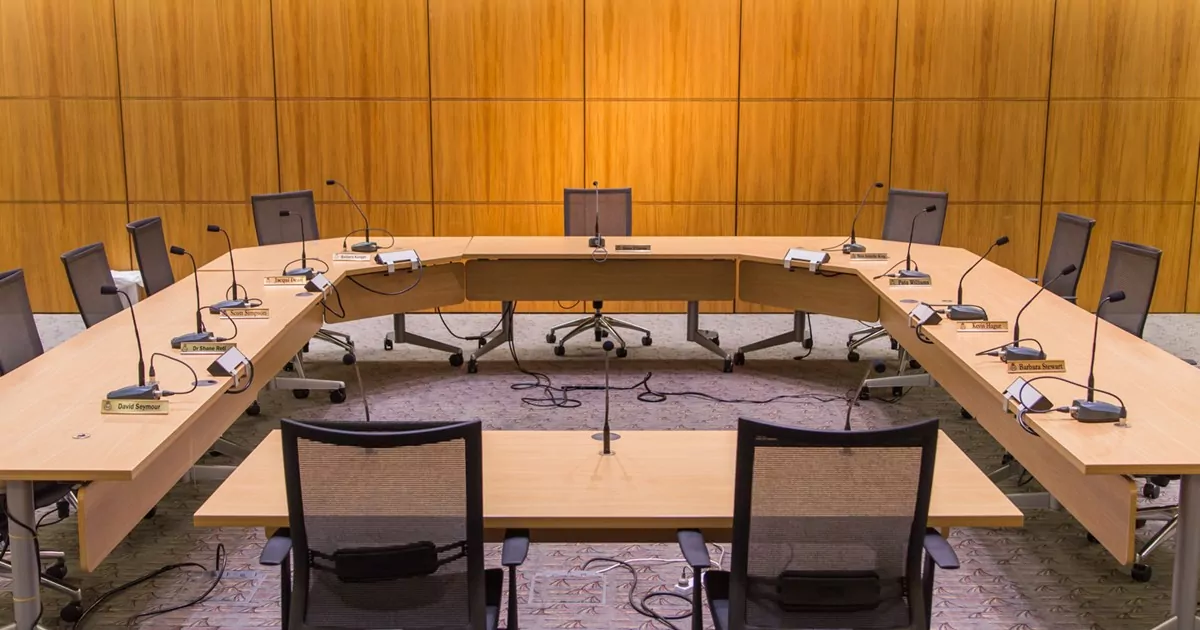Annual food price increase has reached a 14-year high
Food prices were 10.1 percent higher in October 2022 compared with October 2021, Stats NZ said today.
“This was the highest annual increase since November 2008,” consumer prices senior manager Nicola Growden said.
In October 2022, the annual increase was due to rises across all the broad food categories we measure.
Compared with October 2021:
-
grocery food prices increased by 9.7 percent
-
fruit and vegetable prices increased by 17 percent
-
restaurant meals and ready-to-eat food prices increased by 7.5 percent
-
meat, poultry, and fish prices increased by 10 percent
-
non-alcoholic beverage prices increased by 8.7 percent.
-
Grocery food was the largest contributor to this movement.
“Increasing prices for barn-raised eggs, cheddar cheese, and two-minute noodles were the largest drivers within grocery food,” Growden said.
The second-largest contributor to the annual movement was fruit and vegetables.
The items within this group that influenced this movement the most were potatoes, bananas, and cabbages.
Monthly food prices were 0.8 percent higher in October 2022 compared with September 2022. After adjusting for seasonal effects, they were up 1.8 percent. Fruit and vegetable prices fell 5.2 percent, but after seasonal adjustment rose 1.3 percent.
“Previous patterns of seasonal price movement for fruit and vegetables suggest it’s more typical to see a larger fall in fruit and vegetables for the October month,” Growden said.
Excess profits tax is the simplest and most effective way to help people – Ricardo Menéndez March
Green Party commerce and consumer affairs spokesman Ricardo Menéndez March said “the Government needs to stand up to big corporations making huge profits off the backs of families struggling to put food on the table.
“Right now, people are being forced to stretch grocery budgets further and further, with families on the lowest incomes hit the hardest. And yet, as thousands of kids are forced to go hungry, supermarkets are raking in an excess profit of more than $1 million per day.”
Menéndez March said an excess profits tax is the simplest and most effective way to help people.
“It will ensure supermarkets pay their fair share and enable the Government to provide immediate relief to people who are struggling to put food on the table.
In addition to this immediate relief, the Government also needs to boost people’s incomes, including those who rely on benefits to make ends meet.”
Widespread labour shortages are having an impact on driving up the grocery bill – Nicola Willis
National’s finance spokeswoman Nicola Willis said “New Zealanders are facing pressure at the pump, mayhem with their mortgages, and a crisis at the checkout. The cost-of-living crisis is only getting worse and Labour has done nothing to get it under control.
Instead of coming up with a plan, Labour has put the blame on supermarkets, petrol companies, banks, Covid or the war in Ukraine – anyone but themselves.”
Willis said “it is clear that widespread labour shortages are having an impact on driving up the grocery bill for Kiwis. The Government must urgently fix their broken immigration settings that are pushing up prices across the economy. New Zealanders need an economic plan to get them out of this mess. All Labour can offer them is more of the same: more spending, more tax, no accountability.”
“National has a plan to fight inflation – unblock bottlenecks, reduce costs on business, bring discipline to Government spending, prudent tax reduction and focus the Reserve Bank solely on an anti-inflation mandate” Willis said.
“No Labour, Food Prices Aren’t The War’s Fault” – David Seymour
Act Party Leader David Seymour said “the world’s first Instagram PM is clueless when it comes to dealing with these real world issues, and Kiwis are paying the price.
The Government is entirely responsible for local conditions. This is the Government that indemnified the Reserve Bank after its insistence on a dual target helped encourage irresponsible monetary policy. The Reserve Bank distorted government policy making by giving it cheap credit, now we are all paying the cost, literally in the rising price of everything.
Seymour said “Labour either showed how little it cares or how little it understands by re-hiring the Reserve Bank Governor who oversaw all of this. Kiwis shouldn’t have to just accept that New Zealand is too expensive. ACT doesn’t accept that and with the right policies and the political will to make them happen it doesn’t have to be. The Government has to take responsibility for its policies, namely its spending, its Reserve Bank legislation and appointment of Adrian Orr, its long closure of the border and its expensive ideological experiment called the ‘immigration reset.”
